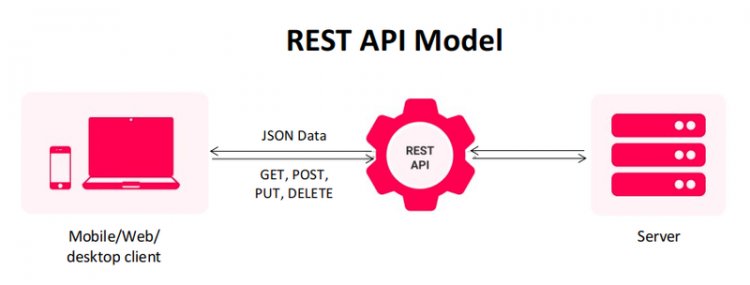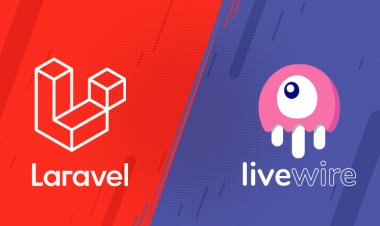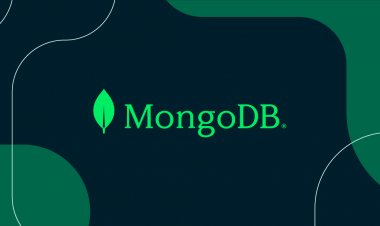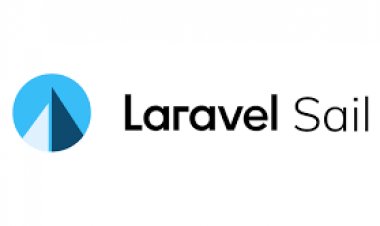Web3: Exploring the Future of Decentralized Internet and Blockchain Technology
Web3 is the next generation of the internet, which is built on blockchain technology. It is designed to be more decentralized and secure than the current web.

Welcome to the era of Web3, where decentralization and blockchain technology are reshaping the way we interact with the internet. In this SEO-optimized post, we delve into the exciting world of Web3, its core principles, and the transformative potential it holds for various industries.
-
Understanding Web3: Web3 represents the next evolution of the internet, emphasizing principles of decentralization, transparency, and user empowerment. Unlike the traditional Web2, where power and control reside with centralized entities, Web3 aims to distribute authority, foster trust through cryptography, and enable peer-to-peer interactions. It leverages blockchain technology and smart contracts to create a more open, secure, and censorship-resistant digital ecosystem.
-
The Power of Decentralization: Decentralization lies at the heart of Web3, empowering individuals and communities with greater control over their data, digital assets, and online interactions. By removing intermediaries, Web3 eliminates single points of failure, enhances privacy, and enables direct peer-to-peer transactions. This paradigm shift opens up new possibilities in finance, governance, content creation, supply chains, and more.
-
Blockchain Technology: Blockchain serves as the foundational technology of Web3, providing a secure and immutable ledger for recording transactions and digital interactions. It ensures transparency, verifiability, and trust in a decentralized environment. Smart contracts, powered by blockchain, enable self-executing agreements and automated processes, eliminating the need for intermediaries and reducing costs.
-
Applications and Use Cases: Web3 has far-reaching implications across industries. In finance, decentralized finance (DeFi) platforms offer transparent and inclusive financial services, including lending, borrowing, and trading, without relying on traditional intermediaries. In gaming, non-fungible tokens (NFTs) enable verifiable ownership of digital assets, revolutionizing the concept of digital collectibles and in-game economies. Moreover, Web3 has the potential to transform supply chain management, healthcare, identity verification, voting systems, and more.
-
Challenges and Considerations: While Web3 brings immense potential, it also presents challenges that need to be addressed. Scalability, energy efficiency, user experience, and regulatory frameworks are some of the areas that require ongoing development and collaboration. Balancing innovation with privacy, security, and user protection is crucial to foster widespread adoption and create a sustainable Web3 ecosystem.
Conclusion: Web3 represents a paradigm shift in how we envision the internet. By embracing decentralization, blockchain technology, and user empowerment, Web3 opens up a world of possibilities. From reshaping finance to transforming industries and empowering individuals, Web3 holds the potential to create a more transparent, inclusive, and secure digital future. Let us embrace the power of Web3 and work together to shape the decentralized web of tomorrow.

 user-pcr
user-pcr 













